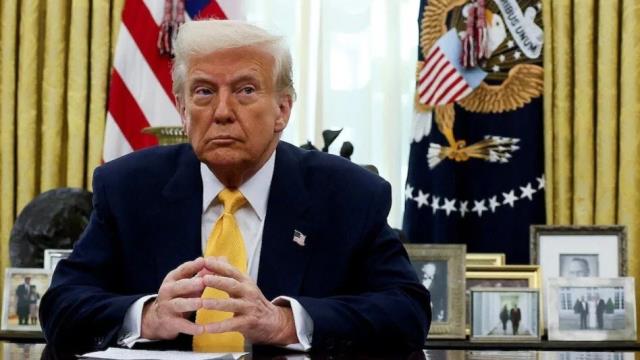President Donald Trump has announced a 25% tariff on all imported cars and light trucks, effective April 3, 2025, aiming to bolster domestic automobile production and protect American auto workers.
Global Reactions and Concerns:
- European Union: European Commission President Ursula von der Leyen criticized the tariffs as detrimental to both businesses and consumers.
- Canada: Prime Minister Mark Carney condemned the action as a “direct attack” on Canadian workers and pledged to defend national interests.
Economic Implications:
The tariffs are expected to increase vehicle prices and disrupt supply chains, potentially leading to reduced supply and higher costs for consumers. Industry groups, including the American Automotive Policy Council and Autos Drive America, have expressed concerns about the economic impact on consumers and market competition.
Domestic Support:
The United Auto Workers (UAW) union supports the tariffs, viewing them as a means to encourage automakers to increase domestic production and create jobs in U.S. communities.
Legal Basis and Exemptions:
The tariffs are based on a 2019 national security investigation under Section 232 of the Trade Act of 1962, which found that auto imports could impair U.S. national security. Temporary exemptions have been granted for auto parts compliant with the U.S.-Mexico-Canada Agreement (USMCA) and other auto parts until May 3, as officials work through implementation complexities.
Market Response:
Following the announcement, shares of automakers declined in after-hours trading, and U.S. equity index futures indicated a lower opening on Thursday, reflecting investor apprehension about the potential economic impact.



Comments (0)
No comments yet. Be the first to comment!
Leave a Comment